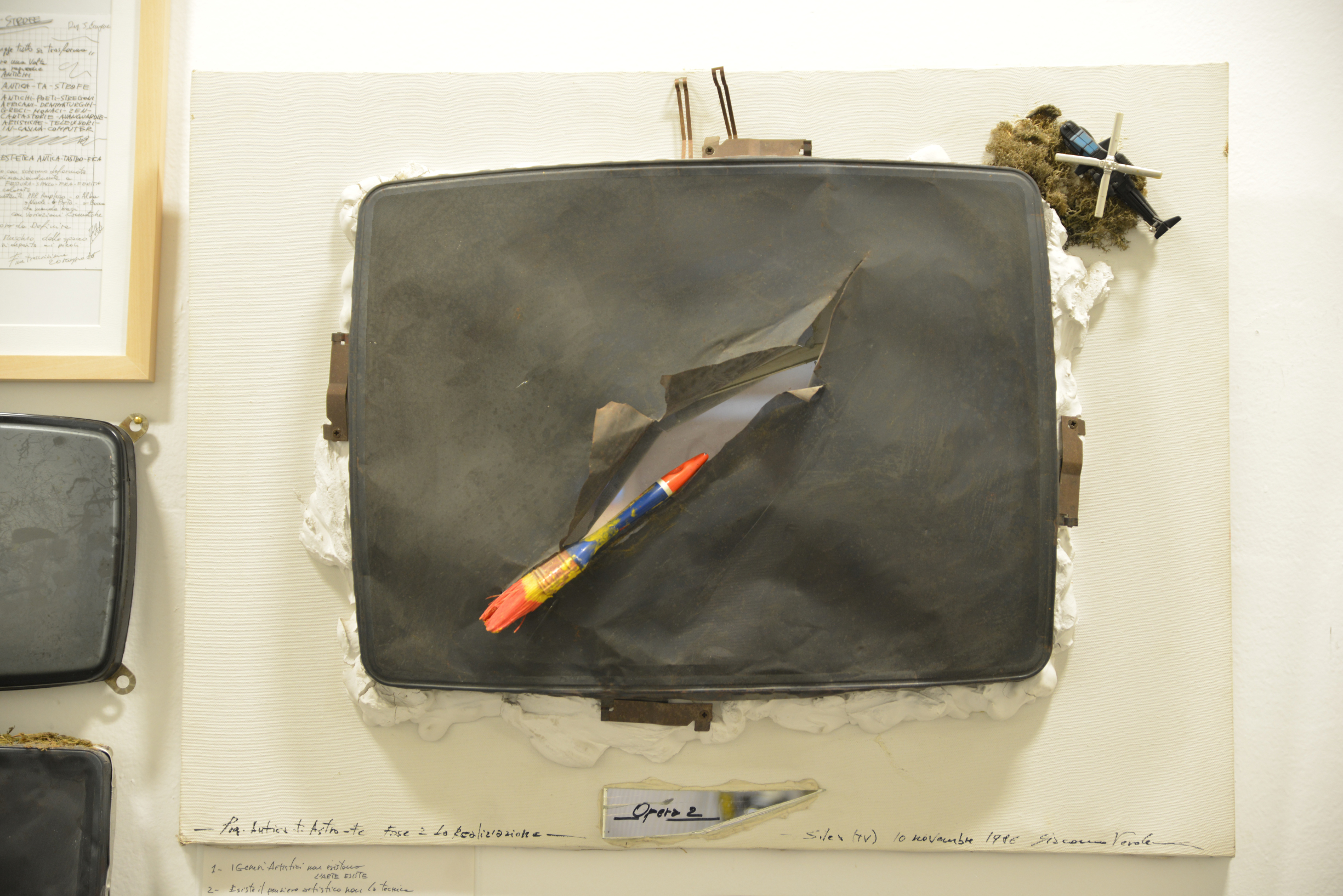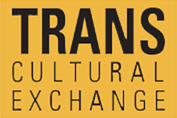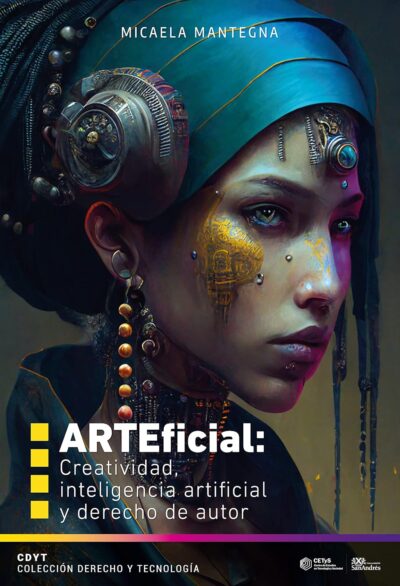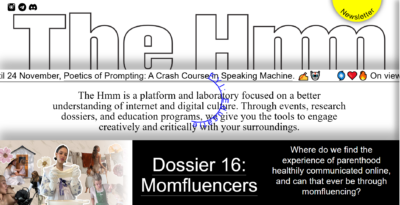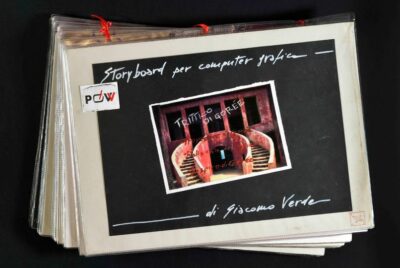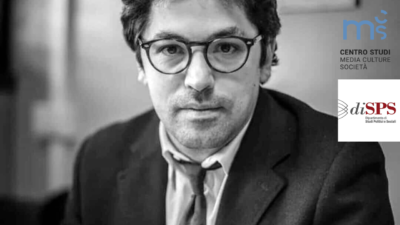TransCultural Exchange is currently Seeking Proposals for its 2016 International Conference on Opportunities in the Arts: Expanding Worlds.
Dates: February 25th – 27th, 2016
Location: Boston University, with panels and presentations also at the Massachusetts Institute of Technology (MIT), Harvard University, the Isabella Stewart Gardner Museum and other locations.
TransCultural Exchange’s international conferences bring artists together with critics, gallery owners, curators, artist-in-residency directors and those working in other fields of interest to artists. Their aim is to advance artistic innovation by helping artists gain the time, funds, inspiration and other means to pursue their goals. (Please see the previous Conferences in the left hand navigation for an idea of the scope and aim of these Conferences.)
Conference Overview
Traditionally, artists have relied on galleries and dealers to promote their art. They have worked largely within the confines of their discipline and studio walls. However, these constructs are rapidly changing. Today’s global reality has put new pressures on artists to expand their practice abroad, and to seek out new audiences, markets and inspirations. Consequently, more and more artists are managing their own careers, working in new formats and collaborating with people in different disciplines, both here and abroad.
To reflect these changes, TransCultural Exchange invites submissions for presentations at its three-day conference Expanding Worlds. The program will offer provocative keynotes, extensive networking with curators, critics and international residency directors, workshops, demonstrations, tours, exhibits, panels, portfolio reviews and more.
Scope of Topics
Picking up where the last conference Engaging Minds left off, the Conference Committee is soliciting presentations that address exciting possibilities for artists to embrace different cultures, mindsets and technologies. For instance, papers might present various international residency programs, offer practical advice (such as resources for funding or managing a studio practice), address social or political interventions or promote collaboration with other disciplines, such as medicine, architecture, conservation and engineering. Presentations on current trends in the arts and new research in other fields are also encouraged. In the past, papers on topics outside the arts have been among the most popular because they inspire artists to think in new ways.
Proposal Submission Guidelines
Proposals need not conform to traditional panel formats. Papers can be submitted as individual presentations for round table discussions or as panels. They can also be submitted as Pecha Kucha sessions (short 3 minute presentations), small workshops or demonstrations on more narrowly focused topics, such as ones that encourage participants to share new techniques, teach relevant online tools, archival methods, grant-writing skills, application tips, etc. The guidelines for each format are listed below.
Papers – Individual and Panel Sessions
The main thrust of the Conference is the 2-hour panel sessions with 4-5 presenters. The 2-hour panel sessions must also include a minimum of 30 minutes for audience questions and discussion.
Round Table Discussions
Papers for Round Table Discussions should be limited to 7 minutes, adhere to a 30-minute time-block and serve approximately 10-15 participants.
Workshops and Demonstrations
Small conference rooms at Boston University will be available for workshops and demonstrations. Additionally artists, teachers and others in the Boston/Cambridge area are welcome to submit proposals for demonstrations at their or other facilities, which will then become part of the Conference program. All Workshop or Demonstration proposals must indicate if a space is needed or already secured, the interactive or instructional nature of the demonstration, the target audience and the desired presentation time. These sessions can be 30 minutes, or 1 or 2 hours long.
Pecha Kuchas
These 3-minute talks are best suited to organizations that serve artists– such as artist-in-residences. These presentations can take the form of a short paper, Power Point, video, etc. and are primarily meant to be used to quickly promote/pitch a program to the Conference’s large number of artist attendees.
Submission Process
Prospective panelists must submit their proposal to TransCultural Exchange’s Conference Chair by email atconference@transculturalexchange.org by January 10th, 2015.
Proposals must be submitted in English and include
1. A title.
2. The proposal type (single paper, panel discussion, workshop, demonstration or Pecha Kucha presentation).
3. A one-sentence summary (30 word limit).
4. A brief description (200 word limit). (If the proposal is subsequently accepted as a post-Conference paper, this description will serve as the paper’s abstract).
5. A brief biography for each presenter, including qualifications and organizational or institutional affiliations (150 word limit per speaker).
6. Contact information for each presenter.
7. A photo of each presenter submitted as a jpeg file (100 x100 pixels, 300 dpi).
Description of accepted proposals will be published online with the option to submit full texts for a peer review and online publication in March 2016. Decisions for peer reviewed papers’ acceptances and their online publication will appear in summer 2016.
Selection Criteria
The Conference Committee will choose the selections solely on the basis of the proposal’s merit and advancement of the Conference’s stated purpose. When similar proposals are submitted, TransCultural Exchange reserves the right to select the panel that best suits the overall needs of the Conference’s goals or to propose a merged panel.
Proposals may address a range of topics including but not limited to:
• Grant writing tips
• How to put together a successful application
• A Pecha Kucha presentation of your residency program
• Good-to-know suggestions for how to take your work abroad – customs, etc.
• Copyright issues for artists
• Publishing possibilities
• How to research international opportunities
• Media specific programs for artists
• Cross-discipline programs for artists
• Scientific residencies for artists
• Technology workshops for artists
• New materials for artists
• Thinking across the senses
• Social engagement/intervention through the arts
• Working in so-called third world communities
• Funding art works
More information is also available on the website here: Presenters.
Important Dates
Deadline for Submissions: January 10th, 2015, 5:00 p.m. EST
Conference Committee Decisions Emailed: February 1st, 2015
Presenters’ Final Confirmation Due: February 15th, 2015
Online Schedule and Conference Registration Announced: April 30th, 2015
Registration
Conference registration and the cost of the gala dinner are waived for all presenters.
Airfare and accommodations are not covered; however, letters of invitation for accepted presenters will be provided upon request to help presenters secure outside funding. Also please note: for the 2016 Conference, TransCultural Exchange is working with Human Hotel – a new hospitality platform for cultural events that help speakers and attendees find places to stay with artists, academics and others in the Boston area. (This is something like airbnb; the difference, though, is that you are being matched with a like-minded host based on your personal preferences and schedule.) The maximum stay is 3 nights and the cost is $50 per night, part of which is to help offset the host’s costs. Please email contact@humanhotel.com if you have any questions or would like to get on the Guest List (by mentioning TransCultural Exchange). More information and online sign-up will be posted [here] in the summer of 2015. Please check back then.
A very limited number of travel stipends are available to international organizations that offer opportunities to artists at no cost to the artists. Please see Presenters for more information.
Questions: Please email Mary Sherman at msherman@transculturalexchange.org.
The Call for Proposal Guidelines are available here.
